Introduction: The Changing Landscape of Higher Education
In 2025, the value of traditional degrees is being questioned like never before.
The MBA (Master of Business Administration), long considered the gold standard for career growth, faces competition from online certifications, micro-degrees, and specialized programs offered by platforms like Coursera, edX, and Udemy.
Employers increasingly prioritize skills and real-world experience over formal diplomas.
AI, automation, and the gig economy are reshaping what “qualifications” truly mean.
This blog explores why online certifications are becoming a viable alternative to MBAs, the pros and cons, and what the future holds for education and career advancement.
🌐 Why the Traditional MBA Is Losing Its Edge
For decades, MBAs were synonymous with leadership, networking, and career acceleration.
However, several trends have weakened the exclusive value of traditional MBA programs:
1. Skyrocketing Costs
- Top MBA programs can cost over $100,000, excluding living expenses.
- Online certifications cost a fraction (often under $500) while providing comparable skills.
2. Accessibility & Flexibility
- Traditional MBAs require full-time study and relocation.
- Online programs allow working professionals to learn while continuing their careers.
3. Skill vs. Credential Focus
- Employers now prioritize data analysis, AI, digital marketing, and leadership skills.
- Certifications can be targeted and up-to-date, while MBA curricula often lag behind industry trends.
4. Global Competition
- The rise of remote work means companies hire globally.
- Skills-based credentials allow candidates from anywhere to compete on equal footing.
🖥️ The Rise of Online Certifications
Online certifications are no longer “just short courses.” They now offer career-transforming credentials, often recognized by top universities and tech giants.
🔹 Examples of High-Impact Online Programs
- Coursera Professional Certificates
- Partnered with Google, IBM, and Meta.
- Programs in Data Analytics, AI, Digital Marketing, and Cloud Computing.
- edX MicroMasters
- Offers specialized modules from MIT, Harvard, and UC Berkeley.
- Focuses on in-demand skills like Machine Learning and Cybersecurity.
- Udemy & LinkedIn Learning
- Affordable, self-paced courses for practical skills.
- Certificates often shared on LinkedIn for employer visibility.
- Wharton Online & INSEAD Exec Online Programs
- Executive courses replicate MBA experiences in weeks instead of years.
🔹 Why Certifications Are Becoming the “New MBA”
- Cost-Effective Learning
- An online certification can replace thousands of dollars in tuition while delivering targeted skills.
- Faster Completion & Career Impact
- Programs take weeks to months, compared to 2 years for a traditional MBA.
- Direct Industry Relevance
- Courses are updated frequently to match real-time industry trends.
- Global Networking Opportunities
- Platforms now offer forums, cohort groups, and virtual networking — providing similar connections to an MBA class.
- Employer Recognition
- Companies like Google, IBM, and Microsoft accept online certifications as proof of skills, sometimes equivalent to a degree.
🧠 Case Studies: Certifications vs MBA
1. Google Career Certificates
- Thousands of graduates land roles in IT support, project management, and analytics without a traditional degree.
- Employers report that certified candidates often perform equally or better than MBA graduates in technical roles.
2. Meta Professional Certificate in Digital Marketing
- Graduates gain real-world marketing skills in 3–6 months.
- Many have secured managerial roles without an MBA.
3. Wharton Online Business Analytics Certificate
- Offers MBA-level insights on a modular, self-paced platform.
- Students can apply learnings immediately to workplace projects.
🔹 Advantages of Online Certifications Over MBA
| Factor | Online Certification | Traditional MBA |
|---|---|---|
| Cost | $200–$5,000 | $50,000–$150,000+ |
| Duration | Weeks–Months | 1–2 Years |
| Flexibility | Full-time job compatible | Often full-time, rigid schedule |
| Curriculum Relevance | Updated in real-time | Updated yearly or less |
| Networking | Virtual forums, LinkedIn cohorts | Alumni events, campus networking |
| Global Accessibility | Worldwide | Limited to campus location |
⚖️ Limitations of Online Certifications
While certifications are gaining popularity, they aren’t a perfect replacement for an MBA:
- Brand Recognition
- Harvard, Stanford, and Wharton MBAs carry weight and open doors globally.
- Soft Skills & Leadership Training
- MBAs offer in-person teamwork, presentations, and leadership labs.
- Online programs are now introducing virtual simulations, but it may not fully replicate in-person experiences.
- Perceived Value in Certain Industries
- Consulting, investment banking, and top-tier management roles may still prefer traditional MBAs.
🔹 Hybrid Models: The Best of Both Worlds
The future may lie in hybrid models combining online specialization with executive MBA credentials:
- Executive Online MBA Programs: Mix self-paced modules with periodic on-campus sessions.
- Stackable Credentials: Earn micro-certificates and combine them into a recognized degree or diploma.
- AI-Powered Learning: Personalize curriculum to career goals, reducing unnecessary coursework.
📊 Trends in 2025 Shaping the Future of Degrees
- Skill-Based Hiring Dominates
- Companies increasingly focus on skills and project experience rather than formal degrees.
- Micro-Credentials Gain Traction
- Platforms like Coursera and edX allow learners to build a portfolio of micro-certifications.
- AI & Personalized Learning
- AI platforms recommend learning paths based on career trajectory, filling skill gaps efficiently.
- Global Accessibility
- Learners from Tier 2 & 3 cities and developing countries can access world-class programs online.
- Integration with Work Experience
- Employers recognize practical achievements, projects, and certifications as equivalent to formal education.
🧩 Are Online Certifications Really the New MBA?
It depends on context:
- For technical and digital roles → Absolutely.
- For leadership in traditional sectors → Hybrid or full MBA may still hold value.
- For career changers → Certifications offer faster transition opportunities.
In short: the MBA’s monopoly on career advancement is ending, but it isn’t disappearing. The future is flexible, skill-focused, and personalized.
🔮 Conclusion: Redefining Higher Education
By 2025, degrees and certifications coexist, each serving a purpose:
- MBAs provide prestige, networking, and leadership credibility.
- Online certifications offer agility, affordability, and skill relevance.
For ambitious professionals, the path may involve:
- Earning targeted online certifications in trending fields.
- Complementing with executive or hybrid MBAs for strategic growth.
- Building a digital portfolio showcasing projects, skills, and impact.
In a world dominated by AI, automation, and global competition, skills will trump credentials, and certifications may indeed become the new MBA for the modern professional.


